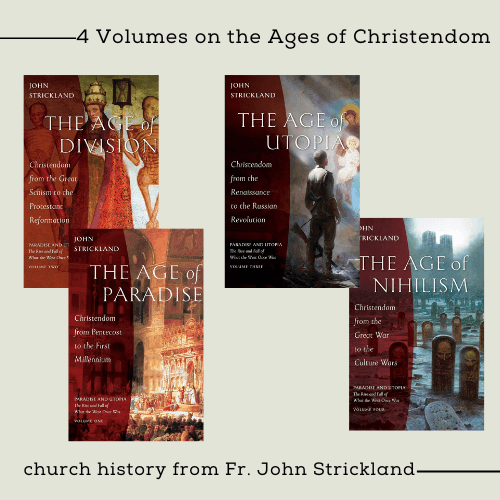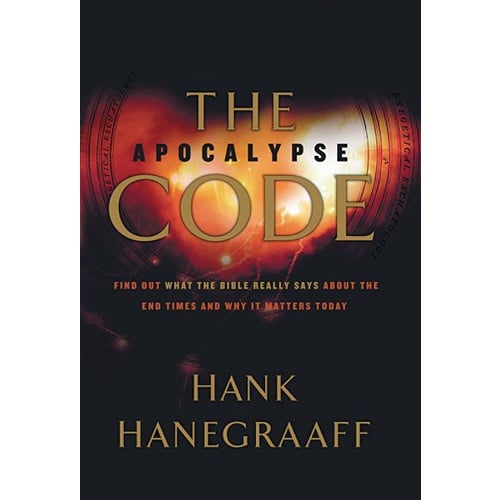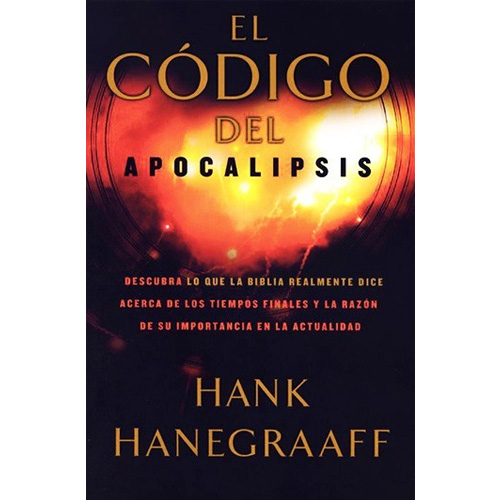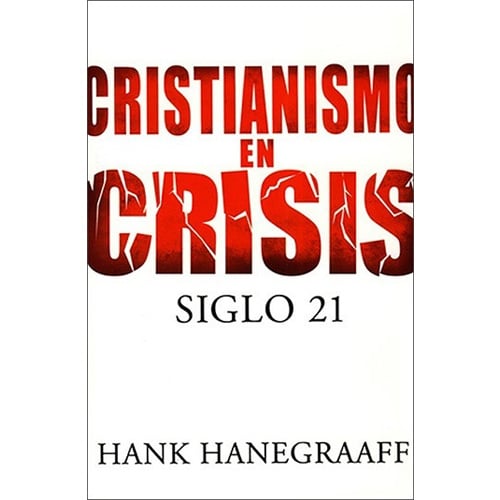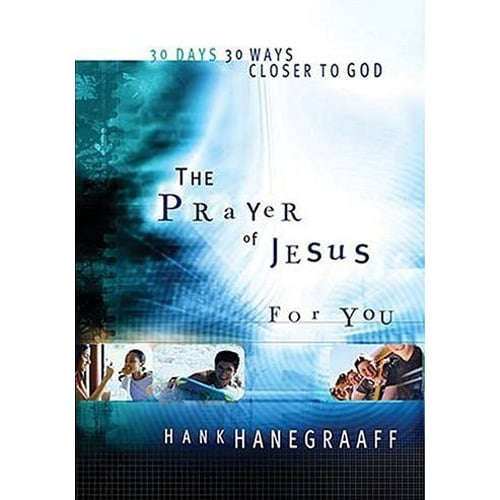CRI Resource: The Age of Paradise; The Age of Division; The Age of Utopia; The Age of Nihilism (4 Volumes on Ages of Christendom)
Description
Description
John Strickland’s Four-Volume Series: Paradise and Utopia: The Rise and Fall of What the West Once Was
The first volume, The Age of Paradise: Christendom from Pentecost to the First Millennium (2019), tells the history of the West when it was still joined closely to the East—that is, to the culture of the early Church and Byzantium. At the heart of this story is the early Church’s “culture of paradise,” an experience of the world in which the kingdom of heaven was tangible and familiar. Drawing not only on worship and theology but statecraft and the arts, The Age of Paradise reveals the remarkably affirmative character Western culture once had under the influence of Christianity.
The second book, The Age of Division: Christendom from the Great Schism to the Protestant Reformation (2020), continues the story beyond the fateful separation of West from East—the Great Schism of 1054—and follows efforts by the papacy to impose a thorough-going reform of Western Christendom. In addition to improving the spiritual quality of church life, the Papal Reformation also unleashed other forces including the crusades and, more indirectly but tragically, a penitential piety that slowly eroded the place of paradise within Western culture. The sixteenth-century Protestant Reformation continued the process of transformation begun by the papacy in the eleventh century and, in very significant ways, brought it to an end.
The third book, The Age of Utopia: Christendom from the Renaissance to the Russian Revolution (2021), leads the reader through six of the West’s most creative centuries, passing beneath ceilings painted by Michelangelo into libraries frequented by Karl Marx. It explains how, between the Italian Renaissance and the Russian Revolution, secular humanism displaced traditional Christianity to become the source of modern culture. The result was some of the most illustrious music, science, philosophy, and literature ever produced. But the cultural “reorientation” from paradise to utopia—from an experience of the kingdom of heaven to one bound exclusively by this world—all but eradicated the traditional culture of the West, leaving it at the beginning of the twentieth century without roots in anything transcendent.
The final volume, The Age of Nihilism: Christendom from the Great War to the Culture Wars (2022), shows how the “specter of nihilism” appeared in the West at the end of the nineteenth century, the very moment secularism seemed triumphant. A self-styled “antichrist” named Friedrich Nietzsche and an obstinately Christian Fyodor Dostoevsky both offered ominous visions of what the West would become if “God is dead” and any moral act thus becomes permissible. Though total warfare seemed to confirm such predictions, a project arose in its wake to rebuild utopia with secular ideologies that, in the case of Nazism, opened the abyss even further. Communism and liberalism were left after the Second World War to compete for ultimate preeminence, but both would ultimately fail to replace the lost transcendence of the West’s deep first-millennium past. As the twenty-first century opened, utopia was as elusive as ever, and a culture of paradise once again beckoned to a civilization exhausted by centuries of secularism.
The history of Christendom is a long story, and it requires four distinct volumes to tell it. Each book stands alone and can be read without the others, though the effect of reading them in sequence will be greater.
Additional Info
Additional information
| Please select your Choice: | The Age of Paradise, The Age of Division, The Age of Utopia, The Age of Nihilism, All Four Volumes The Age of Paradise, Division, Utopia, and Nihilism |
|---|
